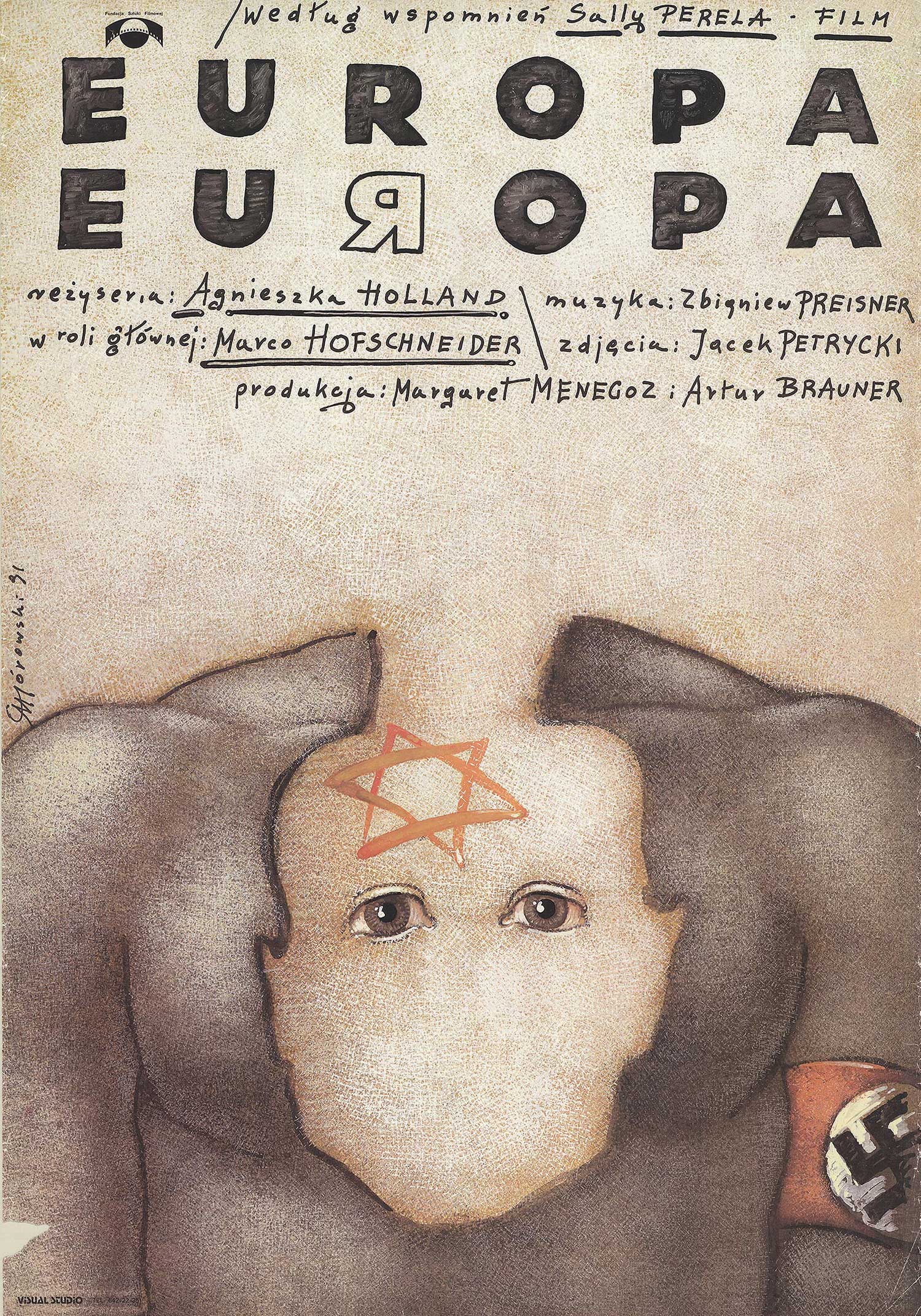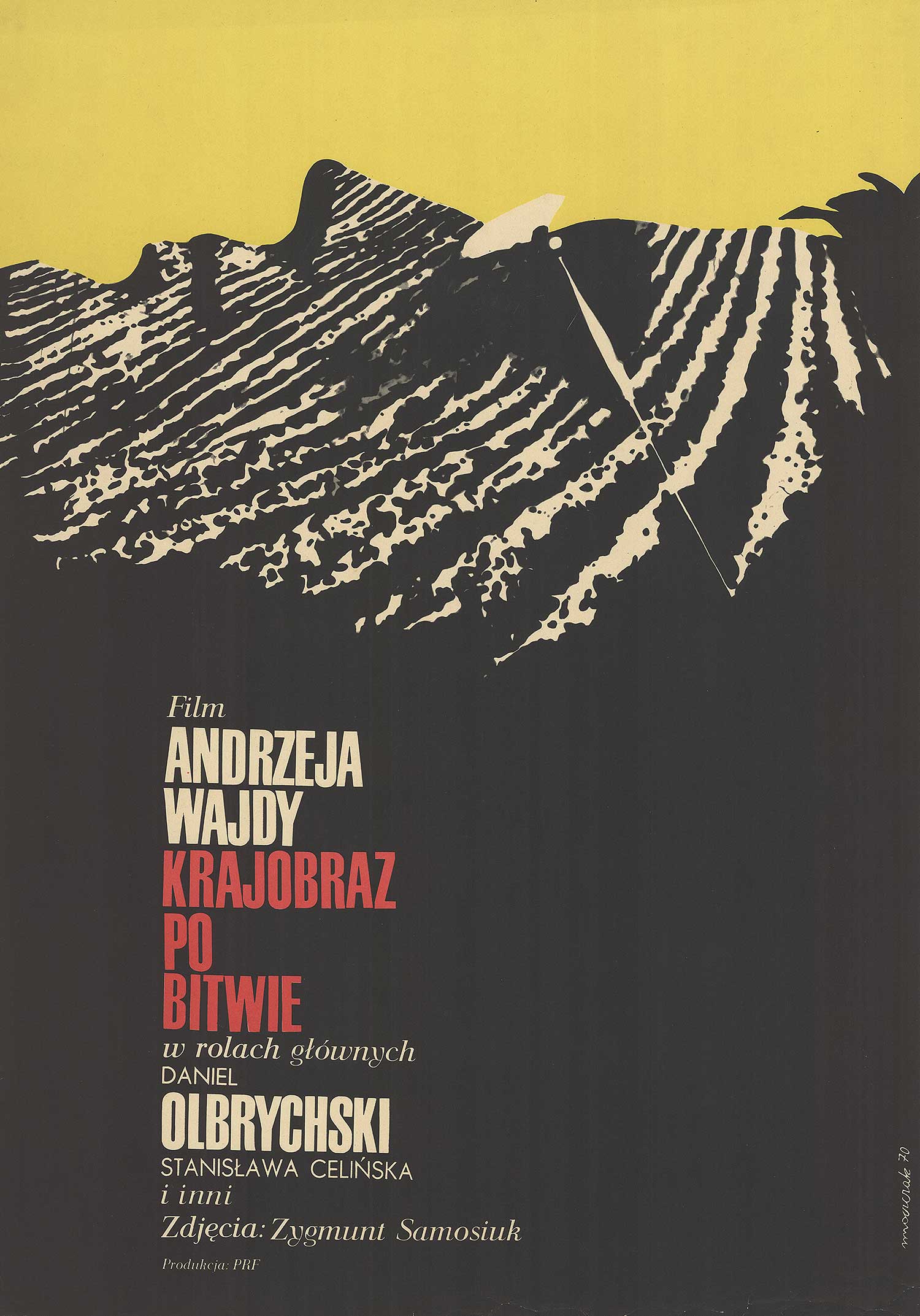There are memories that cannot be put into words, there are silences that time cannot erase and there are wounds so deep that perhaps – only cinema can touch them!
In Eastern Europe, cinema became the last form of opposition against dictatorship, contempt and censorship.
Directors such as Andrei Tarkovsky, Andrzej Wajda, Sergey Kolosov, Stanislav Rostotsky, Andrzej Munk, Agnieszka Holland and many others have managed, through their lenses, to transform cinema into a form of resistance, historical reflection and profound exploration of the human condition.
This exhibition is a tribute, not only to these directors and their works, but also to those who lost their lives, their families, their homes and still fought for the dignity of being remembered. A memoir, to suffering and to life!
Each poster, each photograph, each image evokes a profound and painful question - What is left when we can no longer remember what it is like to live?!
OPENING – 28 July - 18:00


